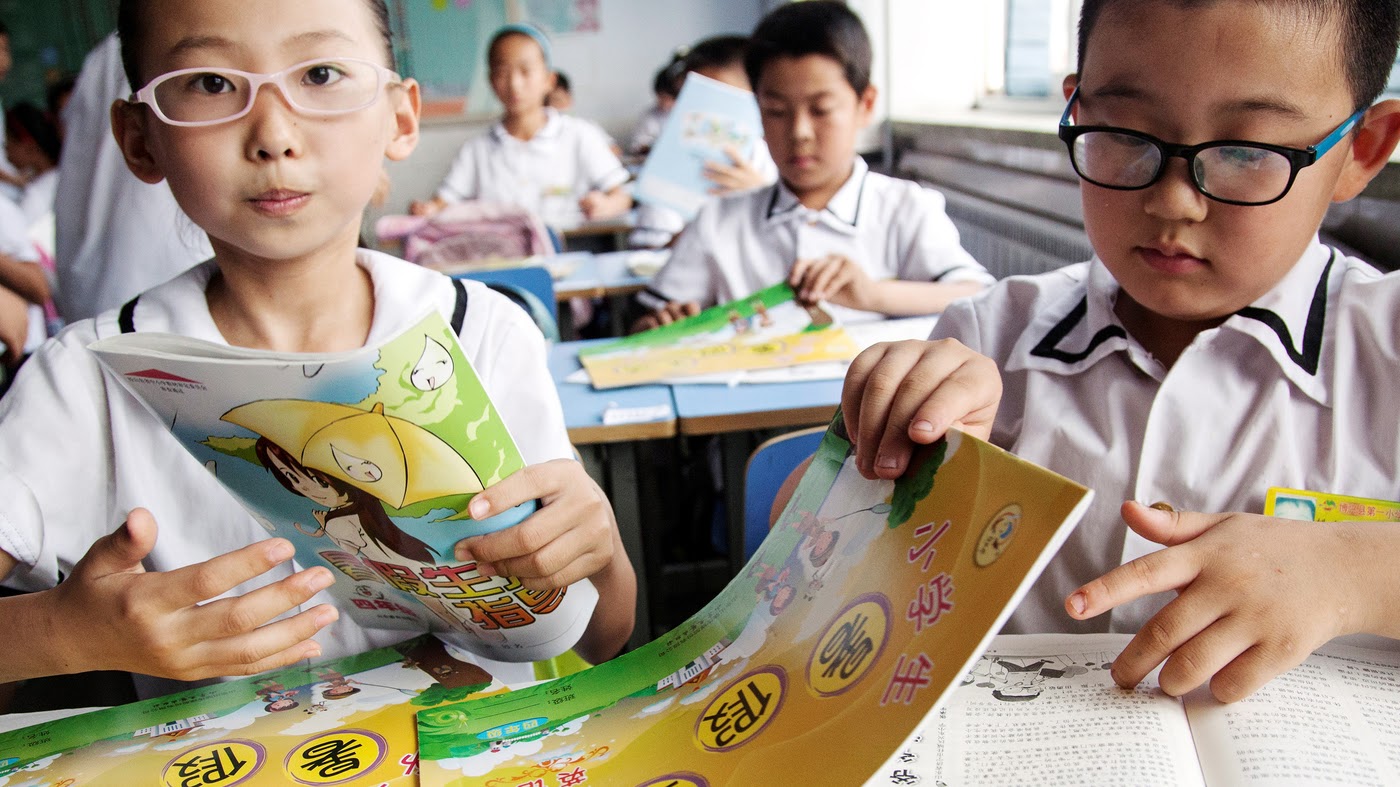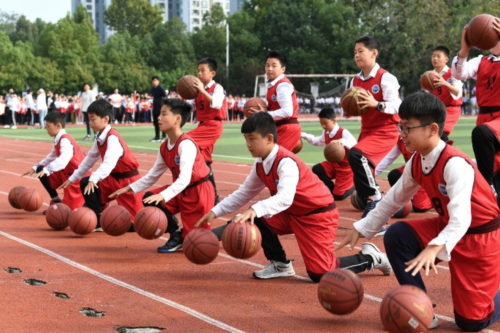Chinese city wants vision and body fat tests in high school entrance exam
Should eyesight and body mass index (BMI) carry weight on a high school admission test and potentially cost education opportunities for students?

Should eyesight and body mass index (BMI) carry weight on a high school admission test and potentially cost education opportunities for students? That question has sparked a vigorous debate this week on the Chinese internet, with local officials in a northern Chinese city on one side and anxious parents on the other.
The spat began in July when rumors broke that the Chinese Ministry of Education was mulling over making vision tests part of the national high school examination and attaching actual points to students’ eyesight. While the rumors were quickly debunked by the ministry, people paying close attention to the matter, most of whom were parents of middle schoolers, discovered that the speculation was not completely baseless: Changzhi, a city of about 3.2 million people in Shanxi Province, had already introduced similar policies.
According to an announcement (in Chinese) published on the Changzhi government website in 2019, the city planned to include tests for vision and BMI in local high school entrance examinations starting from 2022. The move was part of a broader effort by Changzhi’s education authorities to improve the overall well-being of students, with a special focus on their physical strength and eye health.
The local policy received swift pushback (in Chinese) in the summer when it was brought to the forefront of national attention, with parents across the country arguing that the decision was unfair to students who were nearsighted due to genetic or hereditary reasons, and that punishing students who are overweight by reducing their points was a form of fat-shaming.
But it wasn’t until this week that education officials in Changzhi felt the need to address the critics. In an interview (in Chinese) with Xinhua, a spokesperson for the local education bureau said that because physical fitness would only account for 20 points — or roughly 3% — of the total score, the tests wouldn’t have a substantial impact on students. “Our primary objective is to raise awareness and encourage students to exercise more, protect their eyesight, and enhance physical strength,” the spokesperson said.
In response to questions about whether the new policy would be unfavorable to students who lack resources to improve vision or can’t overcome obesity due to biological reasons, the spokesperson said that some factors would be taken into account when granting waivers to students with special conditions, such as visual impairment caused by an injury or hormonal weight gain.
The explanation, however, did not appease critics (in Chinese) who derided the policy as an overreaction driven by the local officials’ desire to please the Chinese Ministry of Education, which had made it very clear that the rising number of nearsighted children and teens was one of its biggest concerns. Changzhi’s policy, critics argued, was a radical continuation of some measures that the Ministry has taken to address the issue. For example, in a joint statement released in August by eight national-level departments, the Ministry of Education vowed to reduce the myopia rate among school-age children. In order to get local governments on the same page, the Ministry even implemented a system where the performance of public officials in Chinese cities would be evaluated in part based on how effectively they reduce the nearsightedness rate among local students.
Meanwhile, Changzhi’s emphasis on students’ BMI is also in line with a national plan to stop schools from downplaying physical education while putting too much focus on students’ academic performance. As part of the initiative, the Ministry of Education issued a guideline in September, ordering schools across the country to improve the quality of gym classes and assign physical homework if necessary.
Although these national efforts were met with mostly positive feedback, Changzhi’s policy was widely condemned for adding additional pressure on students and putting those with congenital conditions at an disadvantage in the race for getting into good schools. “First of all, it’s insanely irresponsible for an official to say that 20 points wouldn’t make much of a difference in the high school entrance examination. Secondly, the decision exposed the policymakers’ utter ignorance. Eyesight is not something that can be improved in a short amount of time. Myopia is not a lifestyle choice!” a Weibo user commented (in Chinese).






